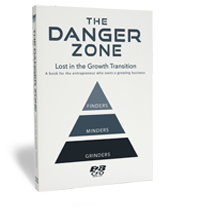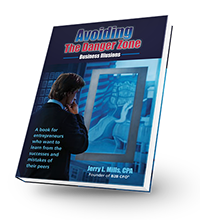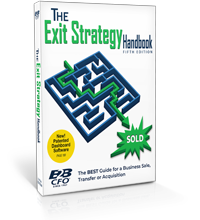SMART MONEY
By SARAH MORGAN
4. “Don’t count on an IPO.”
Imagine sipping champagne and watching the stock price skyrocket. The dream of being on the ground floor for a successful start-up’s initial public offering is powerful. Unfortunately, it’s also the least likely outcome. In 2009, only 6% of angel investors who exited an investment did so through an IPO, compared to 54% who exited through a merger or acquisition. And the number of IPOs has been shrinking: There were 4,467 IPOs between 1990 and 2000, more than four times as many as the 1,096 companies that debuted between 2001 and 2011, according to data compiled by Jay Ritter, a professor of finance at the University of Florida who studies IPOs.

One reason for the decline, say experts: Going public is too expensive for most small firms. The Sarbannes-Oxley Act of 2002 imposed costly new accounting and disclosure requirements on all public companies. This “limited the IPO as an option to much larger companies,” says Wayne Lorgus, a partner at B2BCFO, a company that provides financial services to closely held firms. “Costs for a small company can easily reach a half a million dollars,” Lorgus estimates.
Granted, accredited investors can buy and sell shares of pre-IPO companies through online marketplaces such as SecondMarket or SharesPost. That can be a way for some investors to cash in on an investment without an IPO. But that’s still no guarantee that an investor would be able to sell at the moment he or she needed to, because there aren’t as many buyers and sellers in these markets as there are in the public markets, and buyers may not always be available, warns Gerri Walsh, the vice president for investor education at the Financial Industry Regulatory Authority, a self-regulatory organization for the securities industry.



